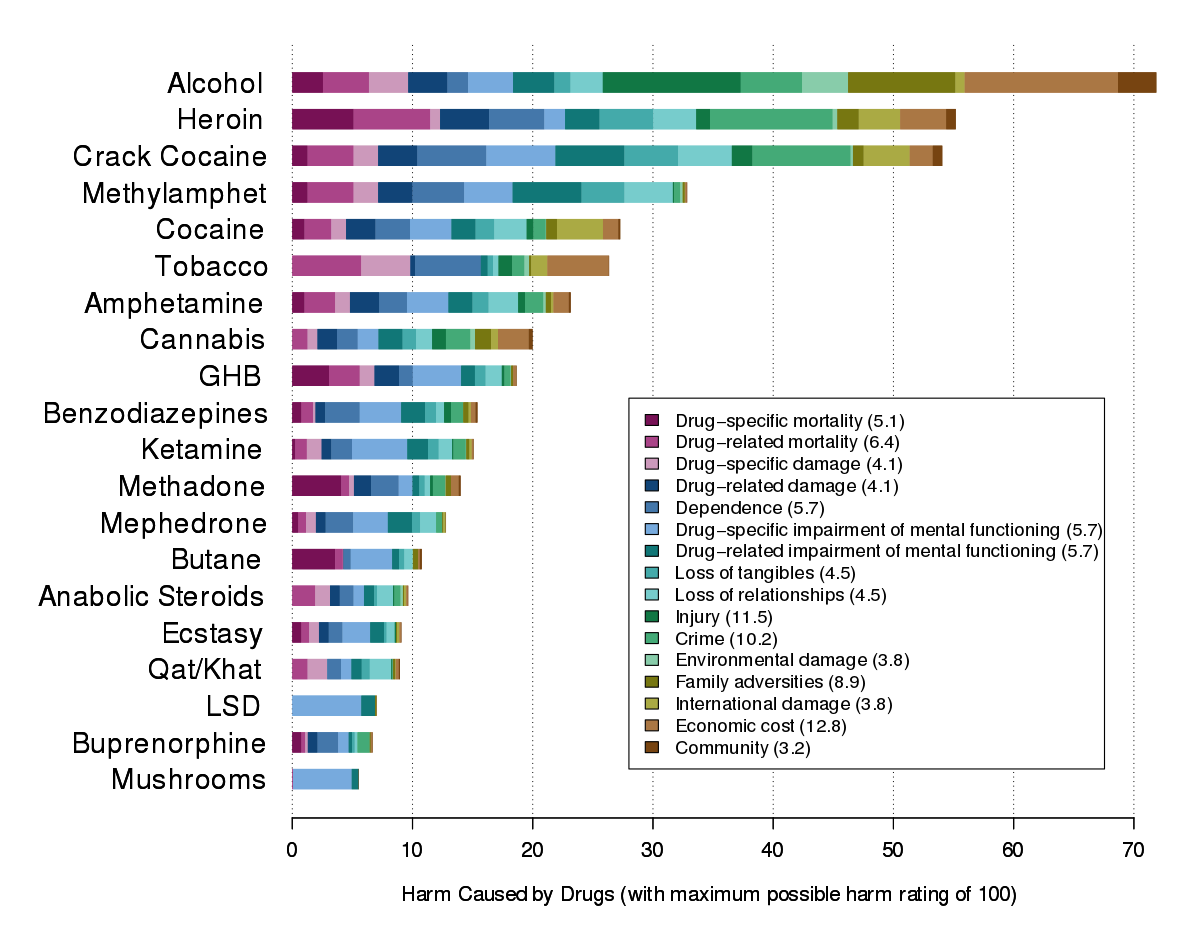Things about Drug Rehabilitation
Things about Drug Rehabilitation
Blog Article
Facts About Drug Rehabilitation Uncovered
Table of ContentsDrug Rehabilitation - The FactsNot known Facts About Drug RehabilitationSome Known Details About Drug Rehabilitation The Basic Principles Of Drug Rehabilitation The Greatest Guide To Drug Rehabilitation
This entails addressing the entire individual to make sure that all of the underlying causes and effects of the dependency are effectively taken care of and fixed. This offers people the tools they need for a full go back to a happy, healthy, substance-free life. Medicine dependency "treatment" is a little a misleading term it implies that individuals with addictions are "all better" after they have actually obtained some form of treatment.Also individuals with years of successful recovery should stay conscious of their possibility for relapse, and they need to use the tools they learned in treatment to stop it. Words "rehabilitation" likewise indicates that someone is being fixed after misbehaving, which follows society's stigma concerning addiction. Drug Rehabilitation. Part of the recuperation procedure is for individuals with dependencies, and their family members, to learn that dependency refers biology and not principles
Transitioning from physical and mental addiction to a healthy and satisfied method of living is a large modification. It is very important that the actions to medication recovery be properly addressed throughout the medicine recovery procedure. There are 4 stages of addiction recuperation: Dependency analysis is an especially critical component of the rehabilitation procedure.
This belongs to the underlying psychology of addiction, and it strengthened by worries of apprehension for ownership and judgment from household and pals. The analysis process calls for getting trust and appearing that secretive nature. The specific demands to recognize which materials were used and the degree of their substance use.
The Main Principles Of Drug Rehabilitation

For lots of individuals with dependencies, worry of withdrawal is a significant barrier to leaving their addiction, and that concern keeps them from also attempting. Withdrawal and drug detoxification do not have to be a horrible experience.
This is where the underlying causes of addiction are resolved. For the majority of people with compound addiction, their material use is no more concerning obtaining high. Rather, it became a repeated, everyday procedure of avoiding withdrawal symptoms and running away from their truth. Medication rehabilitation is the process where the deep issues around the dependency are determined and addressed.
Fascination About Drug Rehabilitation
Rather, it can be said that rehabilitation is the process of exploration, while what happens afterward is recovery. The addicted mind frequently begins to believe especially after an amount of time in abstinence that it is OK to try alcohol consumption or making use of materials once again. Nevertheless, this seldom functions, and the huge majority of people that try alcohol consumption or making use of medications once more will quickly end up where they were previously.
Sober living houses are an especially reliable strategy to aftercare when an individual is released from rehabilitation. Individuals and their families ought to go over these alternatives with their counselors while still in rehab. There are various kinds of treatment for addiction, based on the degree of treatment given. When picking the degree of therapy, the choice must be based upon what will supply the private the most effective chance of success in healing out what the individual intends to do.
This is a poor mix, as it drives lots of people to think that they can stop using medications or alcohol consumption on their own. They may be hesitant to see and admit that they require a greater level of care, such as inpatient rehab. Cleansing from a material is not the exact same as treatment for compound dependency.
Fascination About Drug Rehabilitation
, individuals's minds are muddled and they really feel literally and mentally ill. They browse around this site are not responsive to any kind of therapy or therapy till their minds clear and they are really feeling much better.
Like inpatient treatment, property therapy offers the healing effect of getting rid of individuals from their dysfunctional way of living and setting and putting them in safe, healthy surroundings. This allows them to reorient their lives and thought processes while concentrating on distraction-free recovery. Residential rehab differs from inpatient rehabilitation (Drug Rehabilitation) in that it is done in a facility beyond the healthcare facility system and typically involves a longer stay.
People obtain restorative solutions on-site throughout the day, yet go home or to a sober living center at night. The intensity of the daytime therapy will certainly depend on individual requirements and the programs offered at the outpatient center. Many individuals with severe dependency will likely have better results in inpatient treatment and rehabilitation.
Things about Drug Rehabilitation
Long-term residential therapy programs often use a healing method called the healing community (TC). This is a technique to re-socializing individuals whose addiction has actually seriously impacted their capacity to match society. These include people with severe criminal behavior, individuals who are additional resources homeless, teens and people with significant psychological wellness disorders.
Report this page